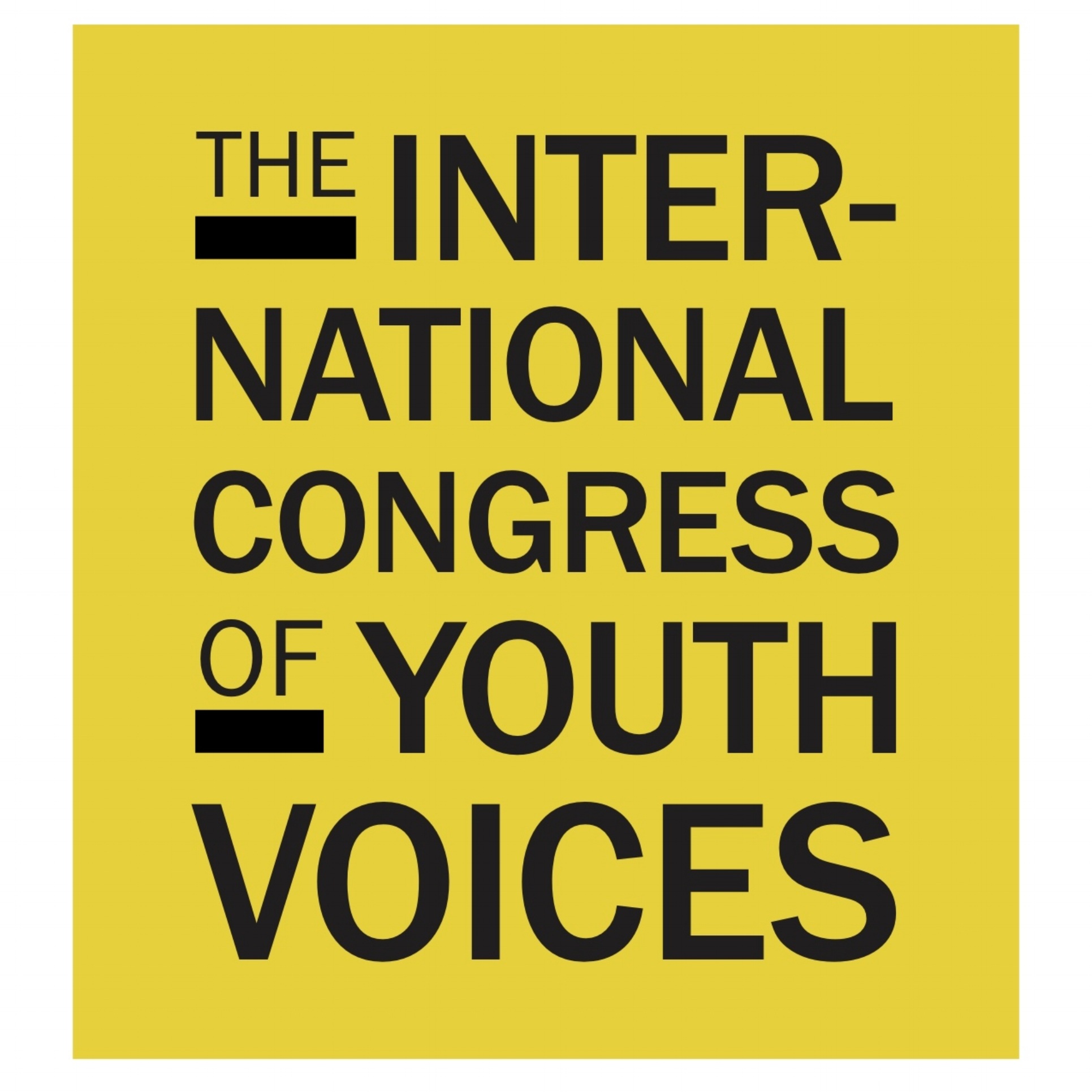Lily Huang, 18
Lily Huang emigrated from Trujillo, Venezuela, to San Francisco, California in 2013. Huang was born in Venezuela but moved to China until the age of 7, when her family decided to relocate back to Venezuela. An aspiring writer, Huang creates narrative fiction about living in the dystopian 21st century. She was introduced to 826 Valencia, a writing and tutoring center in San Francisco, California, in her high school English class during her sophomore year. Huang went on to receive a scholarship from 826 Valencia in 2017. She says that 826 Valencia was instrumental in the improvement of her English and writing skills and is one of her most memorable experiences.
In addition to Huang’s involvement with 826 Valencia, she’s also been a leader in her school and community. At San Francisco’s Community Youth Center, Huang has served as Leader of the Supporting Transition and Aspiration Mentorship Program as well as Spanish Leader of the Newcomer Club. She was also a teacher assistant at her high school’s parent center, where among other duties she used her multilingual skills to translate and record important school announcements. She was a member of the mock trial team, and a workshop leader for the American Red Cross.
Huang believes that one of key contributors to corruption in this world is systemic racism. As a person of Chinese descent living in Trujillo, Huang felt discrimination based on her appearance from an early
age; she was bullied all throughout school and remembers being called “Chinita.” The taunting laughter of children still haunts her. She says that though there is a long history of discrimination against people of color, these prejudices seem to cycle through history without much change or improvement. Huang suggests that diversity in positions of power is an important part of increasing our society’s collective awareness and ability to deal with challenges faced by people of color and other minorities.
Huang attends UC Berkeley and intends to major in psychology to further understand how the human mind works and how these different perspectives influence the collective morality.
Happy?
An excerpt from the short story Happy?
by Lily Huang
Riley has this constant feeling that she is not living in a real place. Although her body acts normal under this environment, her instincts tell her that something is wrong with this world. She wants to find out the truth: does she belong here?
“Hey, Riley! Happy to see you!” A girl, dressed in a school uniform, about the same age as Riley, taps her on the shoulder as she walks through the school hallway towards a classroom. Reese, Riley’s best friend in school.
“Hi, Reese.”
“...What is going on? You don’t look happy. ”
“Sure not.”
“...Hey, did you do the happy report that Mr. K gave us for homework? Oh my happy! That was a long assignment, it took me three hours to finish it!”
“Yeah, I did it, too. It is due today, but I think I did fine.”
“...Anyway, did you see that new style of happy earring that came out yesterday? I can’t wait to buy that happy jewelry!”
“Well, you know, we can go to buy it together.”
“...”
Reese suddenly stops walking and pulls Riley to a corner.
“What’s going on?!” she murmurs. “Seriously. You are not saying the word happy. Are you ill?”
“No! I’m fine. I just don’t get it. Why do I have to say ‘happy’ when I am... not that… I just don’t feel like saying it!”
(shocks) “What? How could you say that! (Reese’s tone turns angry and in haste) Because happy is the first word we taught you to say since you were born! The first word you learned to write! This is the RULE. The emotion and expression you should have every single day! Then comes Wonderful. Although this one is not required and as good as happy but at least this word can replace 'happy’! ”
“Why do we need this? What if I don’t say it?”
“Oh my happy! (grabs Riley’s shoulders) Are you insane? I don’t know why but the RULE says it is to establish a stable and organized and loving society. Unless one is sick, they have the permission to not say the word, otherwise, if you don’t say it… you (trembling voice)... the police take you to the No-Name building. They say that anyone who goes in (shivers)... never gets out… and loses happiness.”
“Oh! So they are killed?”
“Nooo! Ugh, we never do such a thing. We are peaceful. We only promote happy Remember?”
“Then why do they disap…” Riley’s words are interrupted as the bell rings.
“See you later, and I hope you will be happy again. Bye,” Reese says, and hurries back to her class. Riley sighs and goes into her class. Because of what Reese has told her, she has been careful to emphasize saying “happy.” After a class with no scrutiny Riley managed to survive safely. She thinks once again: I don’t feel comfortable in this place. Why is this world the way it is? Who makes the RULE? What does this lead to?

